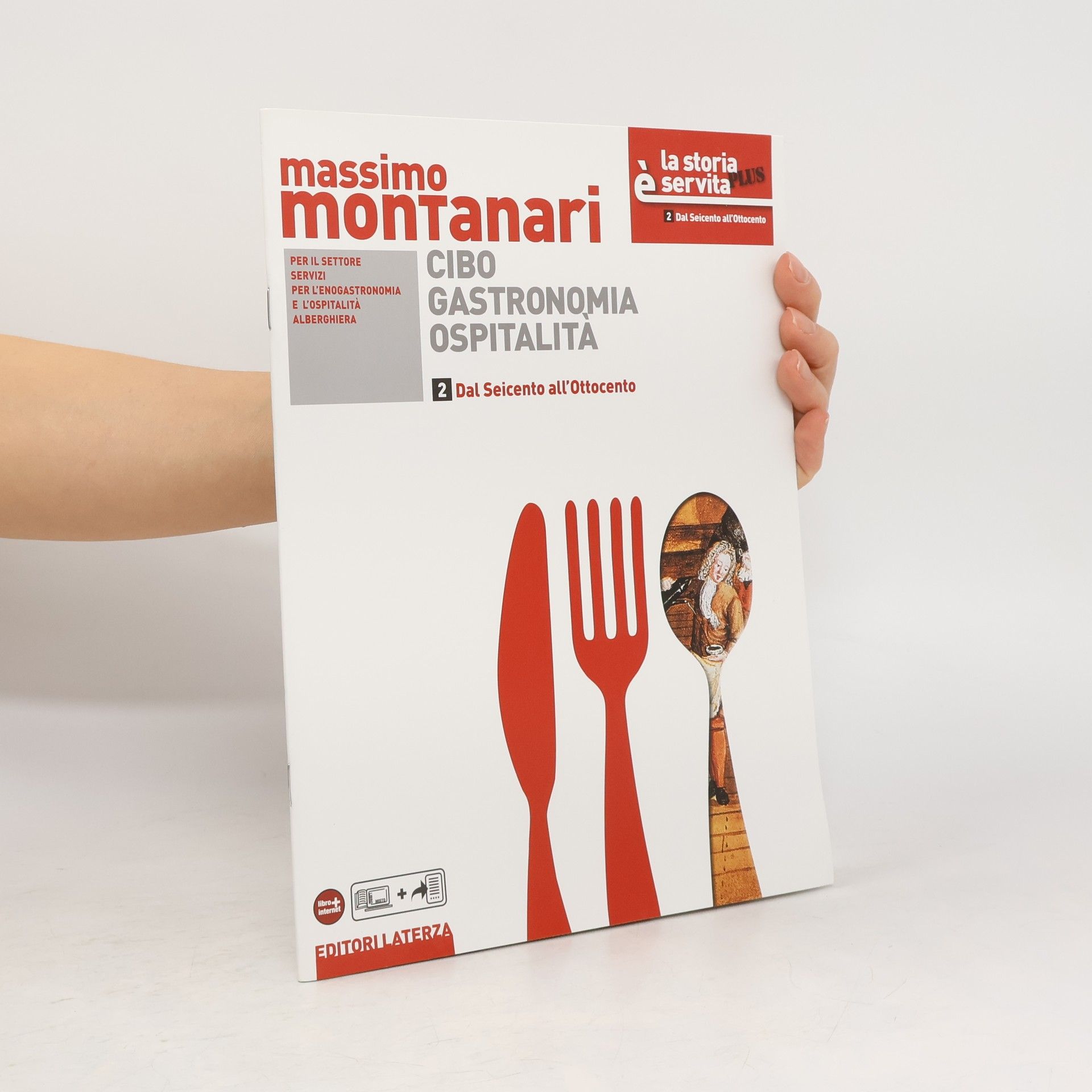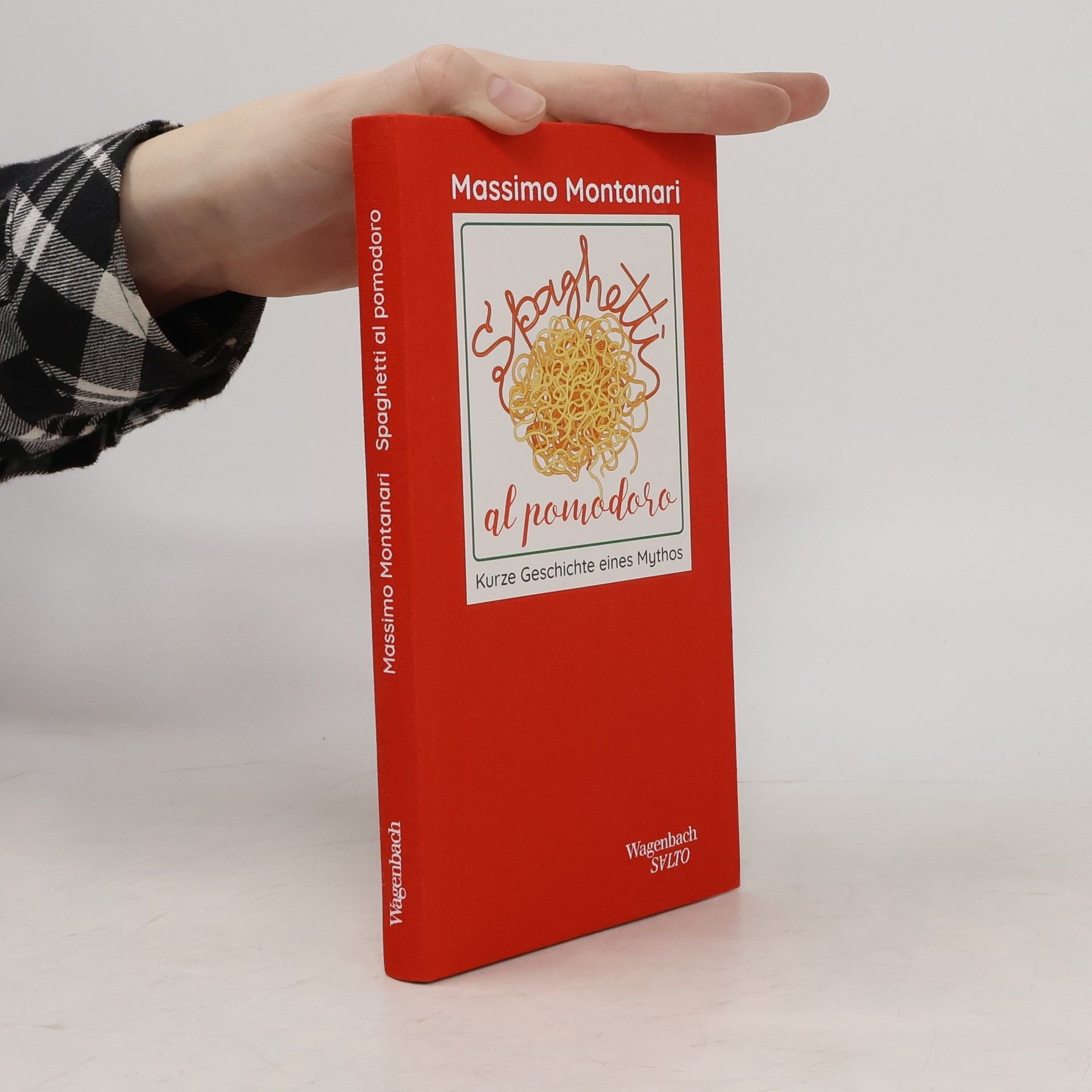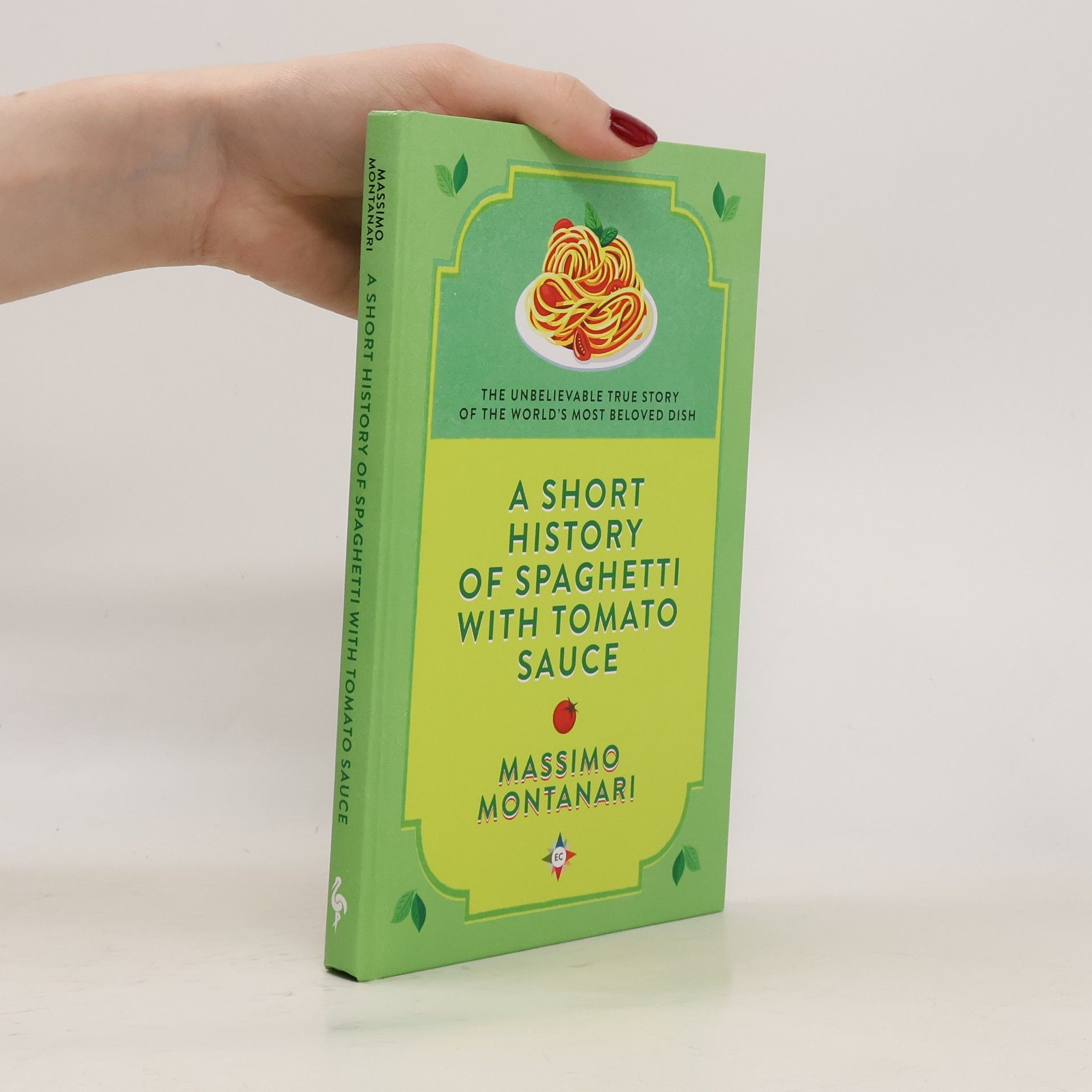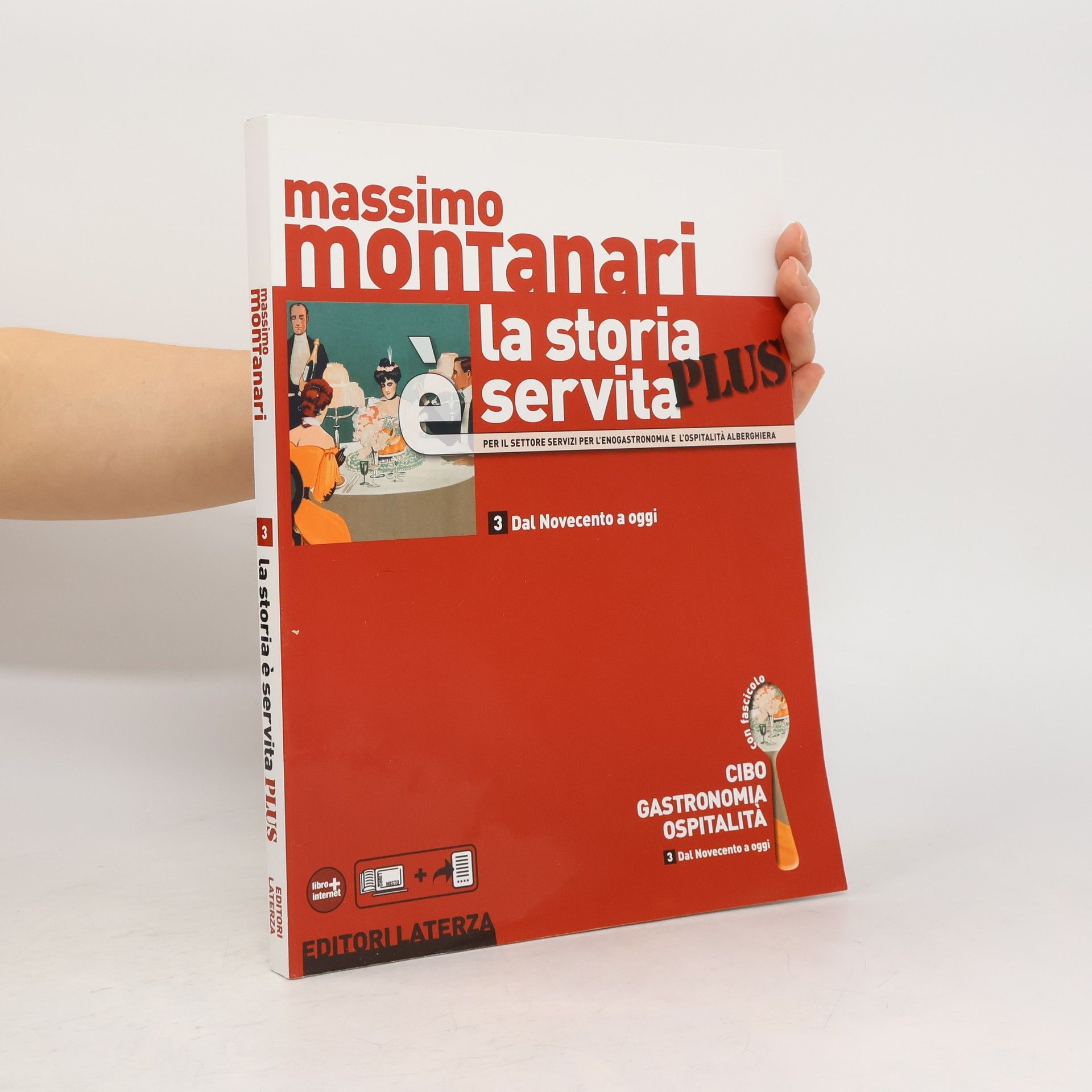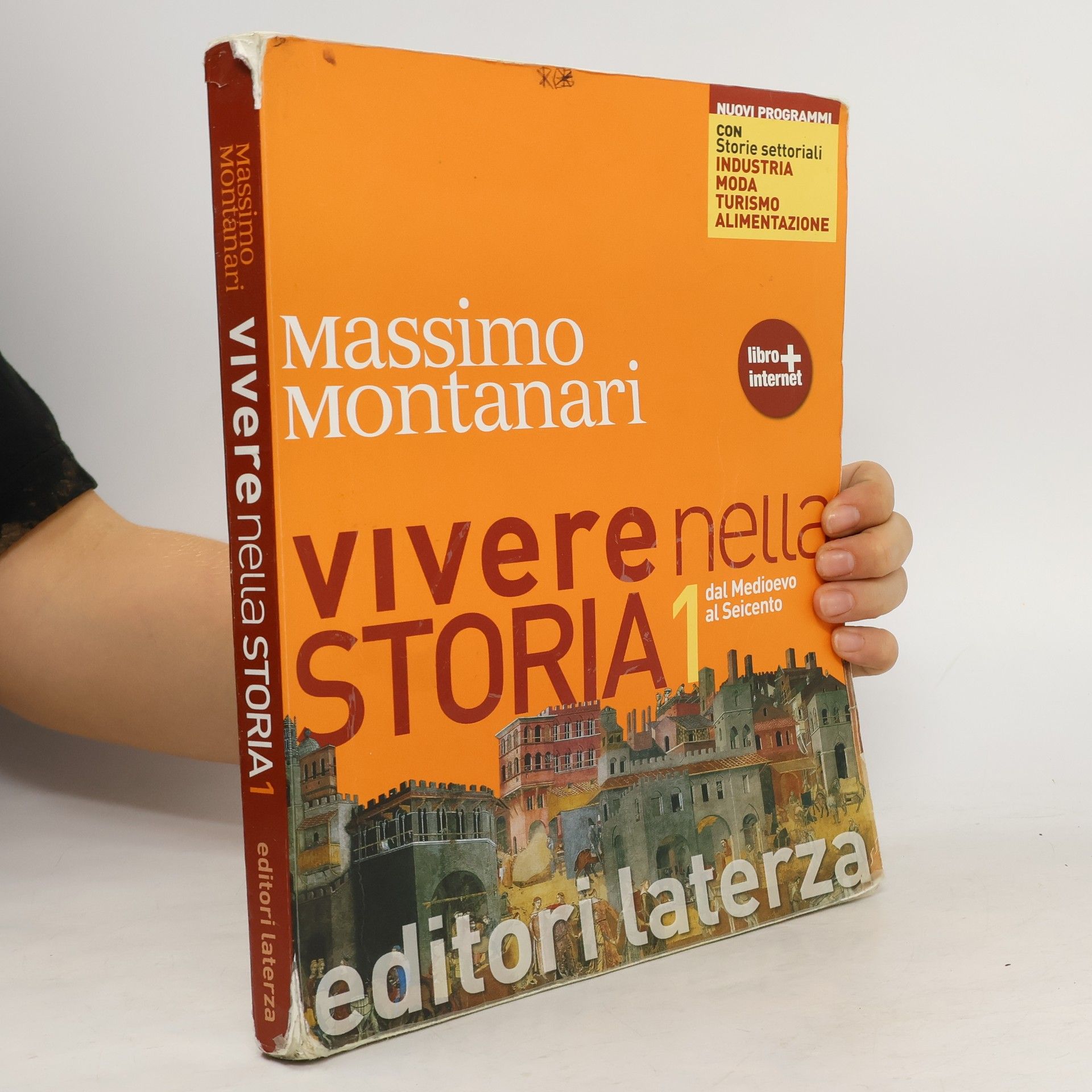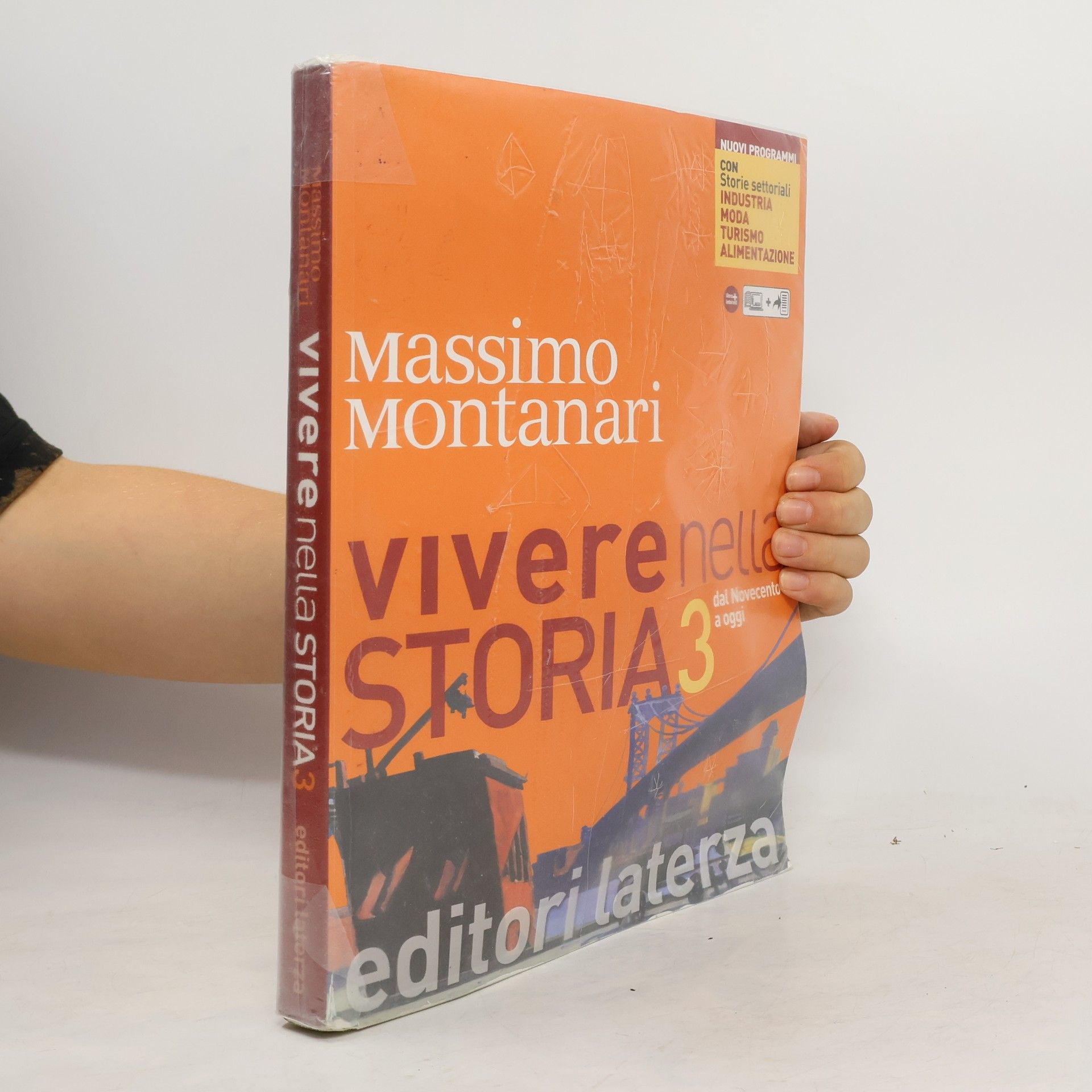A Short History of Spaghetti with Tomato Sauce
- 119pages
- 5 heures de lecture
Intellectually engaging and deliciously readable, a stereotype-defying history of how one of the most recognizable symbols of Italian cuisine and national identity is the product of centuries of encounters, dialogue, and exchange.Is it possible to identify a starting point in history from which everything else unfolds--a single moment that can explain the present and reveal the essence of our identities? According to Massimo Montanari, this is just a myth: by themselves, origins explain very little and historical phenomena can only be understood dynamically--by looking at how events and identities develop and change as a result of encounters and combinations that are often unexpected.As Montanari shows in this lively, brilliant, and surprising essay, all you need to debunk the "origins myth" is a plate of spaghetti. By tracing the history of the one of Italy's "national dishes"--from Asia to America, from Africa to Europe; from the beginning of agriculture to the Middle Ages and up to the 20th century--he shows that in order to understand who we are (our identity) we almost always need to look beyond ourselves to other cultures, peoples, and traditions.

